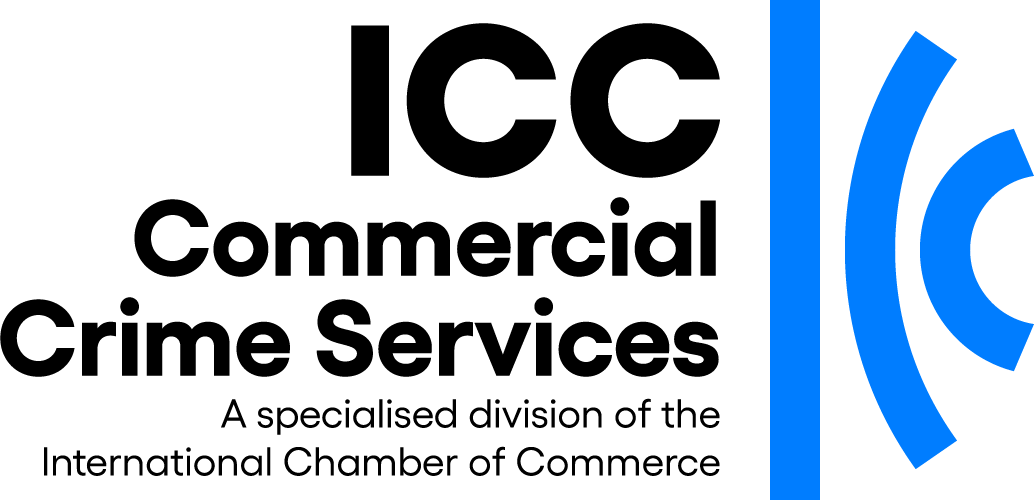

BBC investigators have discovered that the hard drives from many recycled British computers are turning up in Nigeria, a country notorious for financial fraud and identity theft.

BBC investigators have discovered that the hard drives from many recycled British computers are turning up in Nigeria, a country notorious for financial fraud and identity theft.
Assistant Director of the ICC Financial Investigation Bureau (FIB) Jon Merrett commented: “The BBC reports indicate that Nigerian fraud operators are extracting personal and financial information from the hard drives of recently disposed of computers. In some cases, the hard drives still contain valuable information such as bank account numbers and passwords, as well as personal and family details.”
The BBC’s Real Story programme found numerous hard drives potentially containing such critical information available for sale in Lagos, with prices starting at less than £20.
FIB concerns that Nigerian based financial fraudsters will quickly incorporate this new information into their 419 e-mail frauds (so-called after a section of Nigeria’s legal code) have been validated. Mr Merrett noted: “Our investigators are already seeing a considerable improvement in the quality of information and presentation of 419 e-mail scams emanating from Nigeria. For example, the 419 scams are now using e-mail addresses that originate in the UK, and the sender names employed tend to be prototypical British names as opposed to African names.”
One such new 419 e-mail currently circulating in the UK claims to be from a compliance officer at the Bristol & West Bank, a variation of the actual institution known as the Bristol & West Building Society. The scam suggests that the officer is representing a wealthy customer who has died leaving no living relatives. Before dying the wealthy client is said to have deposited millions with a London-based securities firm. The so-called firm is now searching for an individual to receive the money. The compliance officer, who claims to be the only one privy to this information, would like you, the victim, to come forward as the long-lost relative.
Mr Merrett added: “Using more specific local information helps make these scams more convincing. FIB investigators are currently searching for 419 scams that might go another level, using key details relating to an individual’s health, faith, family, or perhaps even noting bank account numbers gleaned from discarded hard drives.”
The London-based investor protection organization advises those disposing of old computers to remove the computer’s hard drive or use readily available software to wipe it clean. Examples of such specialized software programs include McAfee QuickClean, Acronis Drive Cleanser or ISafeguard Freeware. PC recycling services are also available from computer manufacturers.
For more information about investigating 419 scams or other FIB services please call +44 208 591 3000 or email: fib@icc-ccs.org






